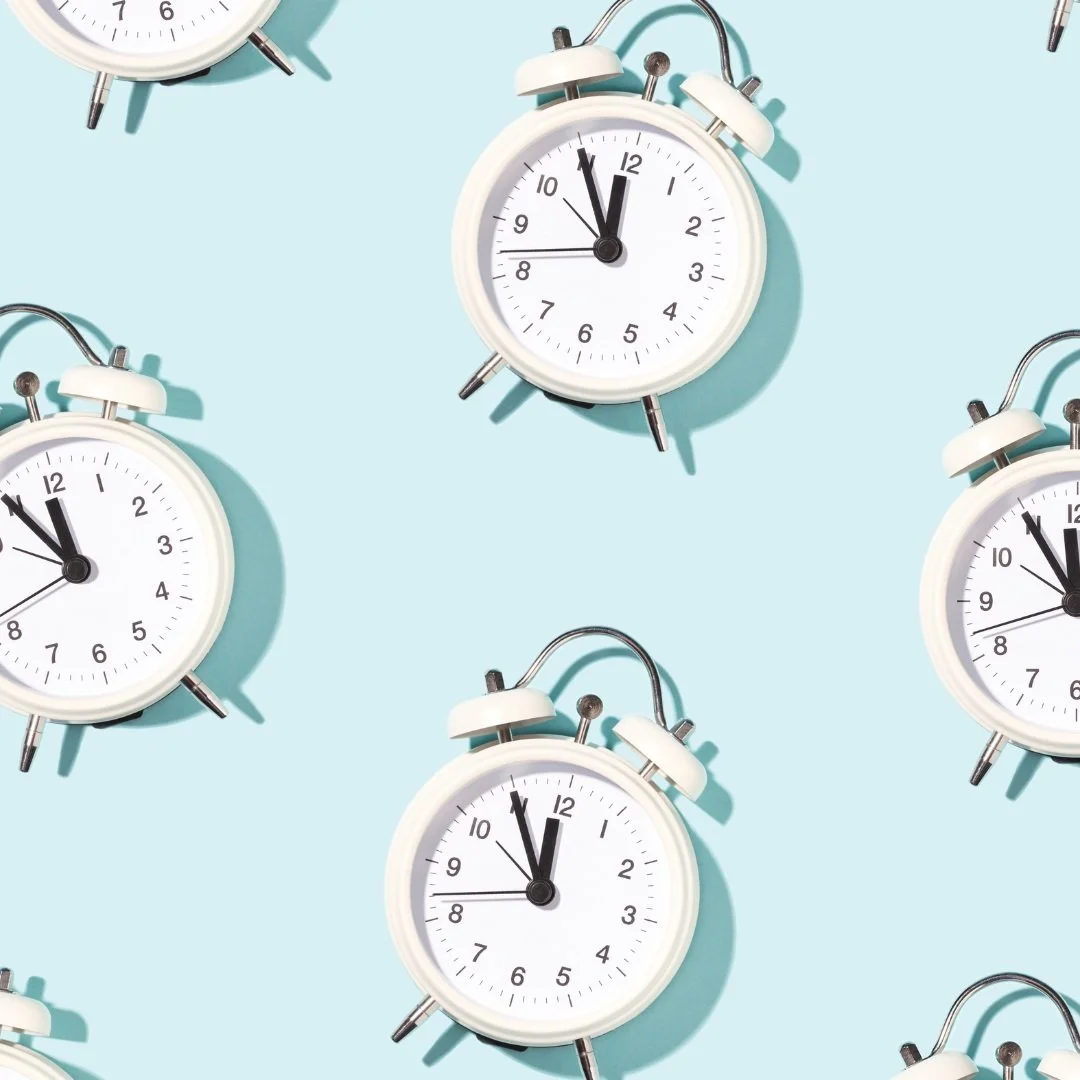10 Key Benefits of Cycle Tracking for Productivity
Navigating the whirlwind of modern life while trying to keep our well-being in check can feel like a never-ending balancing act.
It's fascinating to consider that despite the abundance of productivity hacks and apps available, there's an often-overlooked tool that's already built into our biology—the natural rhythm of our menstrual cycle. By understanding and leveraging this powerful tool, we can unlock new levels of productivity and achieve greater success in our daily lives.
This article is specifically designed for individuals who experience menstrual cycles, offering them insights into leveraging this natural rhythm to enhance their daily productivity and overall well-being.
Let's face it, trying to cram everything into a 24-hour schedule doesn't work for most of us. Our bodies dance to a different beat—a roughly 28-day cycle of changing hormones that play a huge role in how we feel, think, and what we're motivated to do. It's like having an internal calendar that nudges us when we're primed to tackle big projects or take it easy and focus on self-care.
The menstrual cycle isn't just a biological process we endure. It goes way deeper! Our second body clock ( infradian rhythm) gives us a richer, more nuanced perspective on productivity that goes way beyond the usual time management tips and tricks.
Getting to know and track your cycle can be game-changing on so many levels.
From nailing it at work to prioritising your wellness, this article is all about the transformative power of listening to your body and aligning with your menstrual cycle.
I'll share some practical insights into how this awareness can seriously upgrade your time management skills, boost your energy, improve your sleep, and a whole lot more.
Enhanced Time Management
Understanding the phases of your menstrual cycle can help you plan tasks according to your energy levels. For example, during the ovulatory phase, when energy and focus peak, schedule demanding tasks like important meetings or brainstorming sessions. Reserve the luteal and menstrual phases for organisation and administrative tasks, as energy may wane.
2. Boosted Energy Levels
By tracking your cycle, you can anticipate periods of higher or lower energy. This knowledge allows for better scheduling of activities that require more physical or mental effort. Anticipate high-energy days in the follicular and ovulatory phases to tackle intense workouts or deep-dive work projects and save low-energy tasks for the luteal and menstrual phases.
3. Improved Sleep Quality
Hormonal fluctuations throughout the cycle can affect sleep patterns. By recognising these patterns, you can adjust your routine to improve sleep quality. For instance, if you notice sleep disturbances, start incorporating relaxation techniques like meditation or a warm bath before bed.
4. Increased Motivation and Productivity
Certain phases of the menstrual cycle, such as the follicular phase, can bring increased motivation and a more positive outlook, making it an ideal time to tackle new projects or goals. Utilise this motivational surge to kickstart new projects or set ambitious goals.
5. Better Mental Health and Well-being
Understanding and anticipating the emotional and mindset changes that can occur with your cycle helps in managing mood swings, anxiety, or depressive episodes, contributing to overall well-being. Plan self-care activities, such as yoga or time with friends, to support emotional well-being during sensitive phases.
6. Physical Performance
For those engaged in physical activities or sports, knowing your cycle can help you plan your training schedule to match times when you're likely to perform best. Align high-intensity training sessions with the first half of your cycle, and opt for lighter activities as you approach menstruation.
7. Enhanced Creativity
Some phases of the menstrual cycle are associated with increased creativity and problem-solving skills. Schedule creative projects or brainstorming sessions during the follicular and ovulatory phase when your creativity is heightened.
8. Improved Diet and Nutrition
Hormonal changes can affect appetite and cravings. By tracking your cycle, you can plan nourishing foods that support your body's needs at different phases, such as increasing protein intake during high-energy phases and focusing on magnesium-rich foods to combat cravings in the luteal phase.
9. Relationship Management
By understanding your emotional and physical cycles, you can communicate your needs and boundaries more effectively to partners, friends, and colleagues. This can lead to improved relationships, especially during phases when you might feel more sensitive or need extra support.
10. Self-Care and Personal Growth
Tracking your menstrual cycle encourages a deeper connection with your body. It promotes self-awareness, leading to personal growth and a proactive approach to health and wellness. Use cycle tracking to reflect on how your body and emotions shift through each phase, incorporating practices like journaling or mindfulness meditation tailored to each cycle phase.
How to start tracking your cycle?
Menstrual cycle tracking begins with selecting a method that resonates with your lifestyle and preferences. Whether you choose a digital app, which offers convenience and analytical insights, or a traditional journal for those who prefer a more tactile approach, the key is consistency.
Start by recording the start and end dates of your period, noting any symptoms such as mood changes, energy levels, and physical sensations throughout the entire cycle. Over time, these observations will reveal patterns, enabling a more nuanced understanding of your body’s rhythms. Regularly practising this can strengthen your mind-body connection, leading to a better lifestyle, work, and health choices.
Tools I love to help you get started:
Personally, an app on my phone works best for me because it makes it super easy to keep track and stay consistent with it.
The apps I’m loving right now:
Stardust: Also tracks the moon, especially helpful if your cycle is irregular or you’re peri-menopausal
The Agenda: Links to your Google calendar - super cool feature
Moody: Provides a daily forecast, advice & solutions
Finally, pen & paper: your journal - a perfect tool if you are already journaling daily.
Curious to dive a little deeper?
I have created a FREE guide, The Cycle Strategy, that provides an in-depth look into the four phases and uncovers the unique strengths each brings, along with 3 easy steps you can take to get started.
Book a Free Consult
If you feel inspired to transform your approach to time, energy, and flow, creating more room in your life for what genuinely matters to you, I invite you to schedule a virtual chat with me so we can explore the best approach for you.






